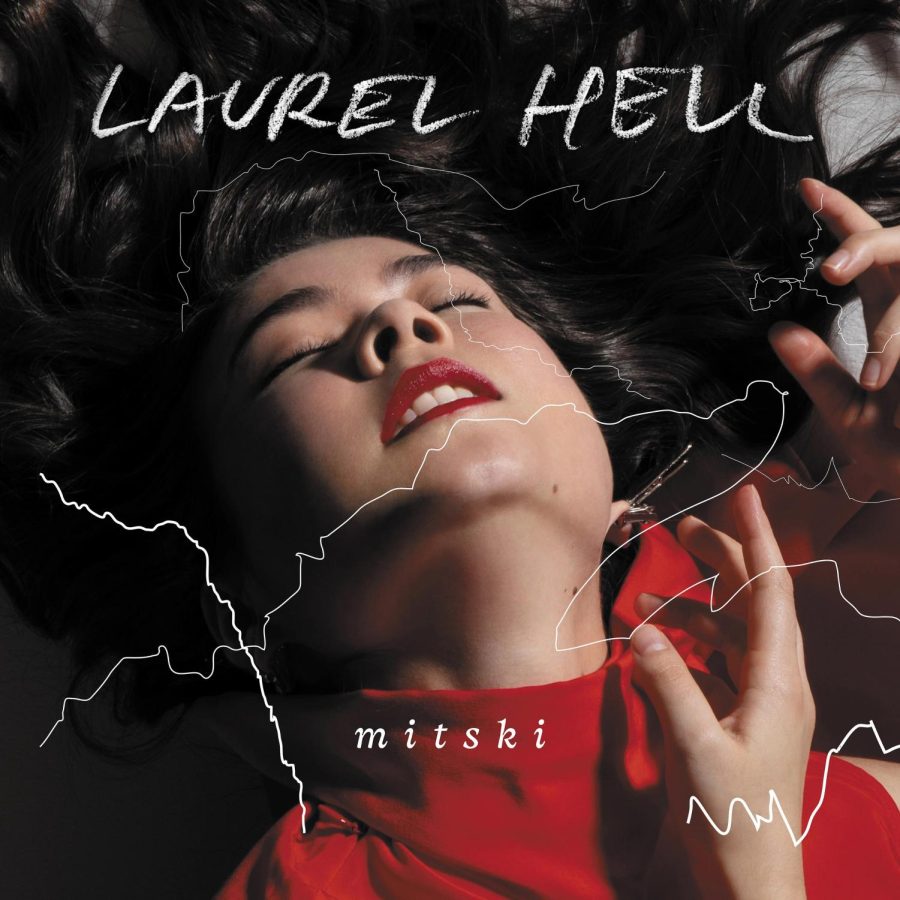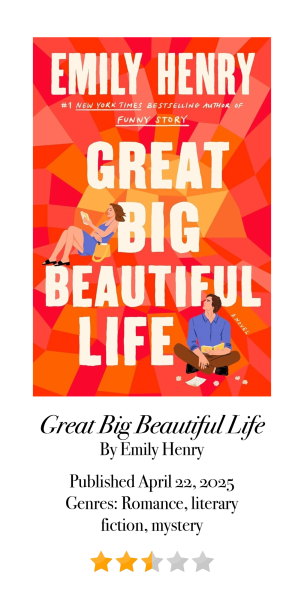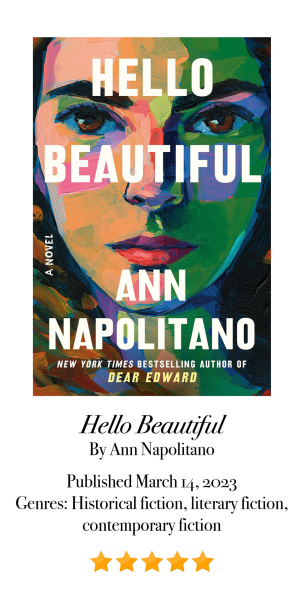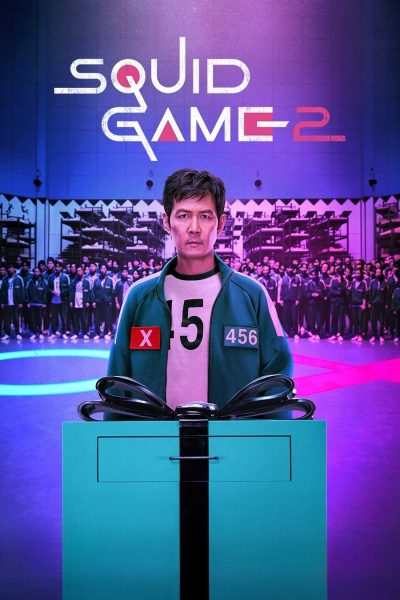Sound of Seul: Laurel Hell by Mitski
February 4, 2022
Genre: Synthpop, Indie Pop
Highlights: “Working for the Knife,” “Stay Soft” and “Love Me More”
Rating: 8/10
In her new album Laurel Hell, Mitski puts a synthpop and new wave spin on her established indie musical style, resulting in a captivating and enjoyable listen throughout all of its 32-minute runtime. Featuring upbeat, electronic-heavy production from longtime collaborator Patrick Hyland and expansive song structures ranging from meandering ballads to soaring choruses, the latest installment in Mitski’s excellent discography is yet another testament to her unmatched songwriting ability.
The album begins with “Valentine, Texas,” which draws the listener in with sparkling synths and keys before “Working for the Knife,” the lead single and an early highlight of Laurel Hell, changes up the tone. A scathing critique of capitalism and the struggles of creating art when restricted by it, the track features a grating, industrial synth line which adds to the song’s jaded mood. Following this is “Stay Soft,” another choice cut which juxtaposes groovy bass, shimmering synthesizers and pounding piano with lyrics that tell the story of two hurt lovers opening up to one another.
After the more downtempo reflectiveness of “Everyone,” “Heat Lightning” and new-wave-inspired track “The Only Heartbreaker,” Mitski delivers yet another of the album’s highlights with “Love Me More.” The song starts off with a pulsating synth line before exploding into a chorus backed by catchy keys. Lyrically, it sees Mitski reflect on her decision to become an artist and the difficult cycle it creates of being valued only for one’s ability to please an audience.
The upbeat heights of “Love Me More” are followed up by “There’s Nothing Left for You,” a calmer track in which warm, radiating synths underpin Mitski’s hopeless reflection on a failed relationship. The lyrical narrative of this song continues for the rest of the album, with the dance pop-oriented “Should’ve Been Me” and downbeat ballad “I Guess” touching on themes of jealousy and grief. Closing off the album is “That’s Our Lamp,” in which Mitski perfectly encapsulates the album’s themes as a whole by looking on the bright side toward a more optimistic future.
Though it has generally been met with critical acclaim, some reviewers have accused Laurel Hell of lacking the vivid emotional expression of Mitski’s previous work. In the words of The A.V. Club’s Gabrielle Sanchez, the album lacks the “urgency, rawness and stark ferocity” of her earlier albums and “seems to cower in fear of making something too bombastically powerful again.” Although Laurel Hell’s conveyance of emotions is certainly more polished and less raw than on Mitski’s earlier releases, this presents no detriment to its quality. On the contrary, the more optimistic thematic direction of Laurel Hell is perfectly complemented by its lyrics and synth-heavy instrumentation, and the album is yet another wonderful addition to Mitski’s versatile repertoire.











